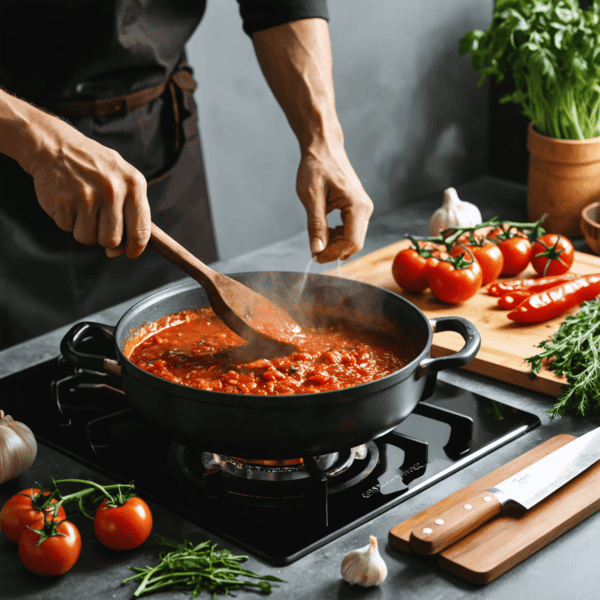
Starting a sauce business can be a thrilling journey, blending your passion for flavors with the art of entrepreneurship.
To start a sauce business, research your target market, develop a standout recipe, ensure legal compliance, and plan efficient production and marketing strategies.
The key is to balance creativity with practical business planning to build a brand that stands out.
What Steps Should You Take to Launch a Sauce Business?
The first steps are critical. Start by identifying your target audience and understanding what they need.
Begin with market research1, recipe testing, legal compliance, and crafting a solid business plan to ensure your success.
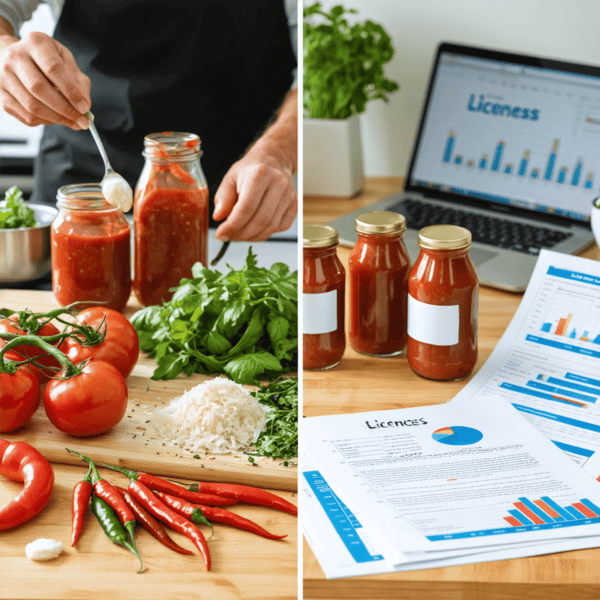
When diving deeper, consider this: what makes your sauce unique? Is it a family recipe with a twist or a health-conscious option for modern consumers? Start small by testing your recipe with friends or at local farmer's markets. Use their feedback to refine your product.
Once your recipe is perfected, focus on the technical aspects:
- Licensing and permits (like food safety certifications)
- Sourcing quality ingredients
- Packaging that captures attention and meets legal requirements
Your business plan should include clear goals, financial projections, and a marketing strategy. This ensures you're prepared for every stage of growth.
How Can You Stand Out in a Crowded Sauce Market?
The sauce industry is competitive, but innovation can set you apart.
Differentiate your brand by focusing on unique flavors, creative packaging, and storytelling2 that resonates with your target market.
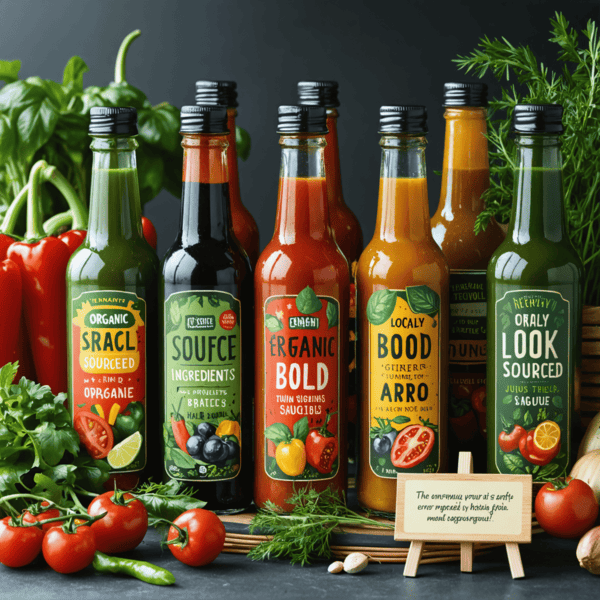
In a crowded market, your sauce needs to grab attention—both visually and flavor-wise. Consider using local or organic ingredients to appeal to health-conscious consumers.
Packaging matters too. A sleek, eco-friendly bottle can make your product memorable. And don't forget your story—people connect with personal journeys. Share what inspired your sauce and why it matters to you.
Here’s a quick tip: Partner with local restaurants or chefs for exposure. If customers love your sauce at their favorite eatery, they'll be eager to buy it for home use.
What Are the Challenges of Running a Sauce Business?
Every business has hurdles, and sauce-making is no exception.
Common challenges include scaling production, managing costs, and ensuring consistent quality as your business grows.
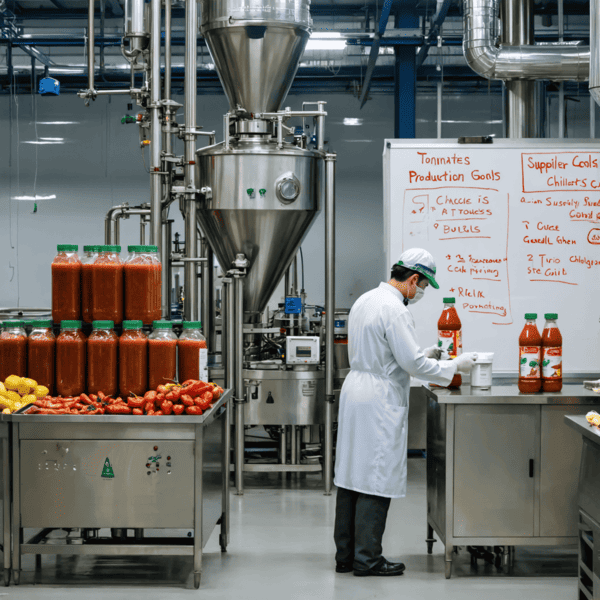
Scaling your production while maintaining the taste and quality that made your sauce popular is often tricky. Sourcing ingredients in bulk while keeping costs low is another challenge. And let's not forget about meeting food safety standards, which can become increasingly complex as you expand.
Navigating these issues requires preparation:
- Partner with reliable suppliers
- Invest in scalable equipment
- Build a trusted team
You’ll also want to have contingency plans for unexpected events, like ingredient shortages or equipment failures. Stay flexible, and learn from every challenge to strengthen your business.
How Do You Market and Sell Your Sauce Effectively?
You’ve got a great sauce—now, how do you sell it?
Use online platforms, partner with local stores, and create engaging content to showcase your sauce’s unique appeal.
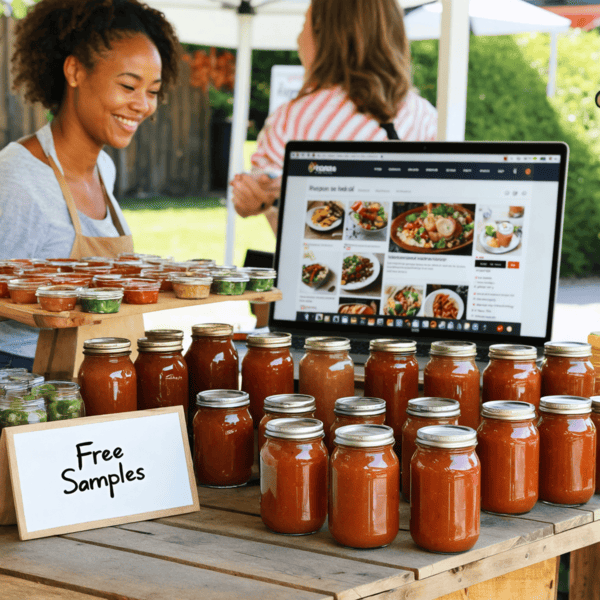
Marketing your sauce requires creativity. Start by building a strong online presence. Share recipe ideas, behind-the-scenes content, and customer testimonials on social media. A professional website with an easy-to-use online store can also drive sales.
Offline, try partnering with local stores, cafes, or even hosting tasting events to introduce people to your sauce. Attending food expos or farmer’s markets can also help you network and gain exposure.
Here’s a pro tip: Offer free samples. Once people taste and love your product, they’re more likely to buy. And always collect feedback—it’s invaluable for refining your marketing strategy.
Conclusion
Starting a sauce business isn’t just about the recipe; it’s about passion, persistence, and smart planning. With creativity and determination, success is within your reach.
You need to understand the critical role market research plays in identifying customer preferences, competition, and opportunities in the food industry, which will set a strong foundation for your sauce business. ↩
You need to understand how storytelling can create an emotional connection with consumers, making your brand more memorable and appealing in the competitive sauce market. ↩






